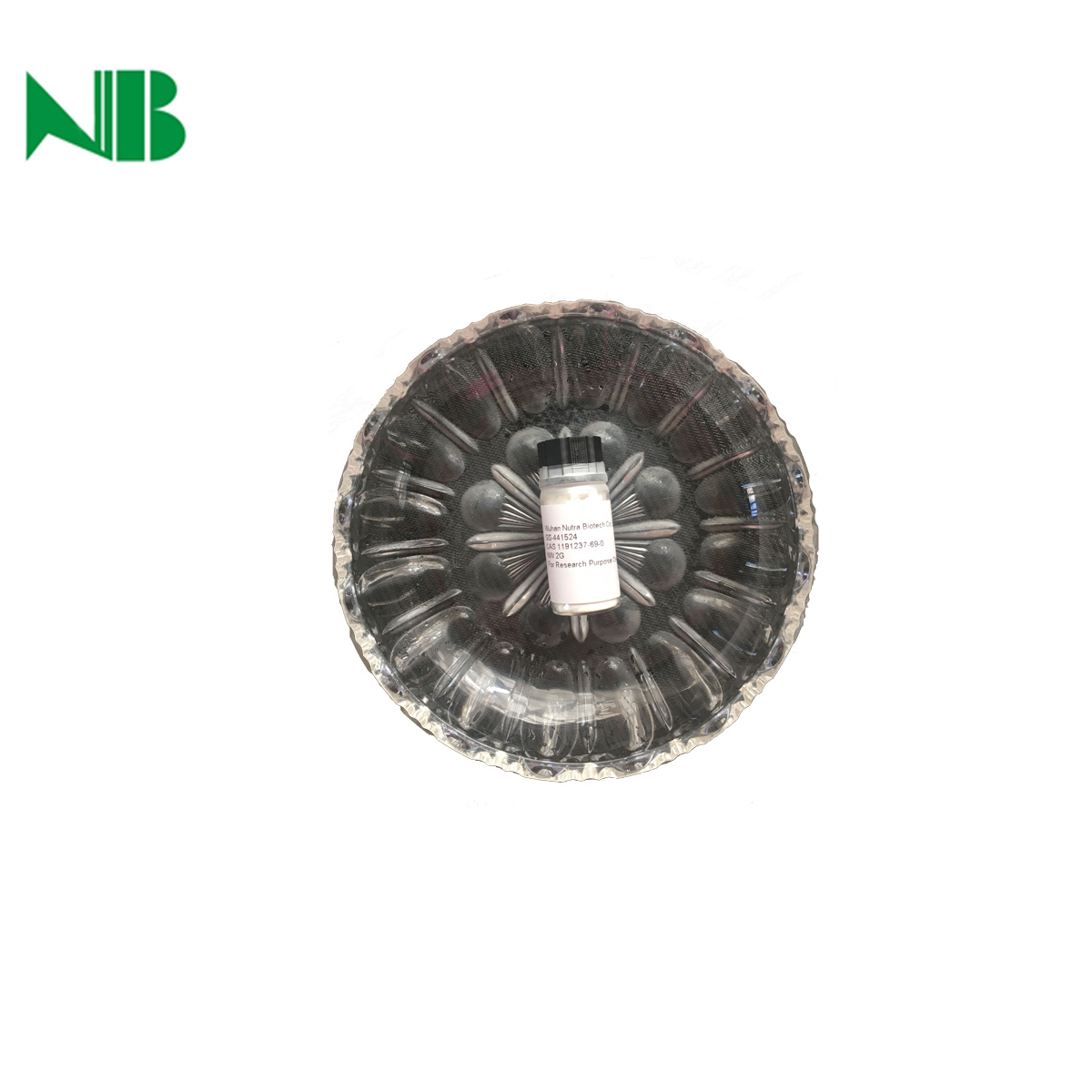GS-441524
CAS 1191237-69-0
MF C12H13N5O4
MW 291.26
For research purpose only
Clinical trial results for Gilead Science’s remdesivir have shown modest improvement in the recovery of moderately ill COVID-19 patients and remdesivir’s success in humans could mean that GS-441524 will finally get trialed for feline infectious peritonitis (FIP) in cats, says GlobalData.
Gilead Sciences published preliminary results from another Phase III study of its antiviral drug remdesivir. Patients on the five-day remdesivir treatment were 65% more likely to clinically improve after 11 days, as compared to the control group.
Johanna Swanson, Product Manager at GlobalData, says: “While this does not make remdesivir the magic bullet to cure COVID-19, it does, however, prove promising for cats.”
FIP has no marketed cure, but there is an unapproved cure, GS-441524, which is nearly identical to remdesivir and has a 96% recovery rate for FIP-positive cats.
Swanson explains: “GS-441524 has not been licensed for animal use out of fear that any adverse effects discovered in cats could interfere with remdesivir’s FDA-approval process, as the drugs are so similar. For these reasons, Gilead, like other pharmaceutical companies, does not want to generate unnecessary data.”
GS-441524 could also be tested for treating COVID-19 in humans. GS-441524 is even simpler to synthesize than remdesivir and results from animal testing show that GS-441524 exhibits strong antiviral activity against SARS-CoV-2. This is further supported by fact that COVID-19 is a zoonotic disease and can cross human/animal barriers, as evidenced by reports of house cats and tigers catching COVID-19 from humans.





